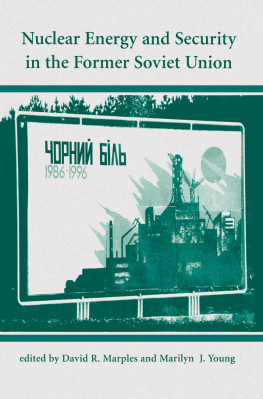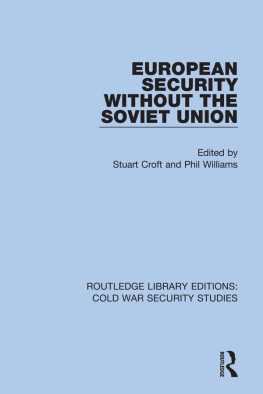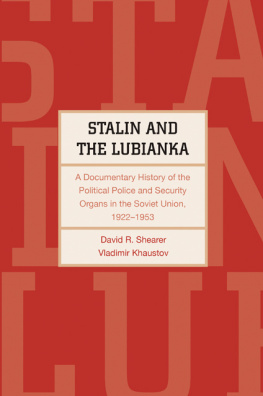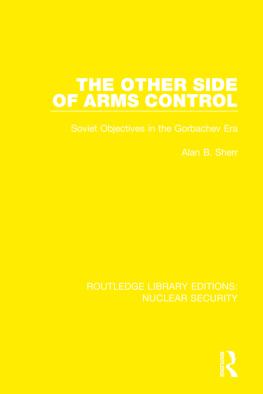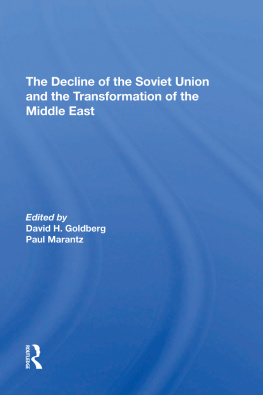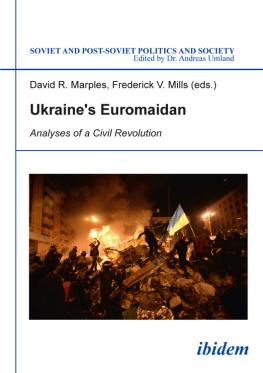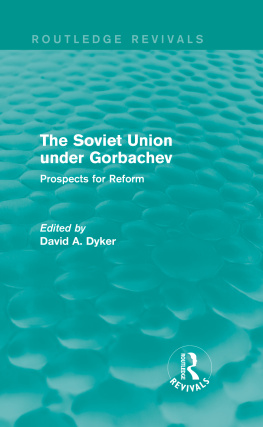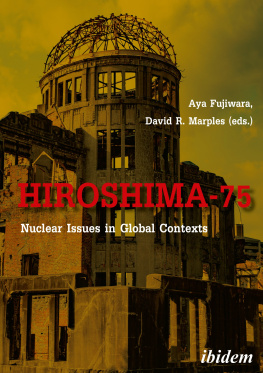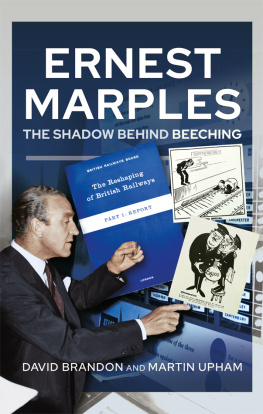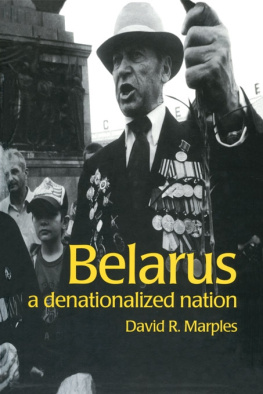First published 1999 by Westview Press
Published 2018 by Routledge
711 Third Avenue, New York, NY 10017, USA
2 Park Square, Milton Park, Abingdon, Oxon OX14 4RN
Routledge is an imprint of the Taylor & Francis Group, an informa business
Copyright 1997 Taylor & Francis
All rights reserved. No part of this book may be reprinted or reproduced or utilised in any form or by any electronic, mechanical, or other means, now known or hereafter invented, including photocopying and recording, or in any information storage or retrieval system, without permission in writing from the publishers.
Notice:
Product or corporate names may be trademarks or registered trademarks, and are used only for identification and explanation without intent to infringe.
A CIP catalog record for this book is available from the Library of Congress
ISBN 13: 978-0-8133-3745-6 (pbk)
ISBN 13: 978-0-8133-9013-0 (hbk)
1
Introduction: Non-Rational Assessment of Risk and the Development of Civilian Nuclear Power
Marilyn J. Young
On April 26, 1996, the world observed the tenth anniversary of the accident in reactor unit 4 at the V. I. Lenin Nuclear Power Plant near the village of Chomobyl in what is now Ukraine, an occasion most remarkable in the United States for the lack of fanfare; as human tragedies go, the Chomobyl anniversary was overshadowed by the first anniversary of the bombing of the federal building in Oklahoma City. Quite naturally, most media attention in the U.S. focused on events commemorating that tragedy This is not to suggest that the Chomobyl anniversary was totally ignored, but the coverage was significantly less than might have been expected for such a momentous event, particularly since the reverberations of that explosion in Ukraine are still being felt around the world today. Thus, it seems appropriate at this juncture to reflect on the state of nuclear power in the post-Chomobyl world.
To this end, we have collected a series of essays addressing diverse aspects of the aftermath of the Chomobyl accident. This volume grew out of a program at the Fifth World Congress of Central and East European Studies, held in Warsaw, Poland in August 1995: Chomobyl and Nuclear Issues in the Post-Soviet States. Those five papers are here supplemented by pieces solicited from others with an interest in this topic. Some of the contributors to this volume are supporters of nuclear power, some derive their income from the existence of nuclear power, and some are opponents of nuclear technology. It is our hope that we present a balanced view of this controversial issue. In this introduction, I seek to provide a framework for the essays by raising questions for future consideration about the relationship between society and nuclear technology.
It is sometimes difficult to realize that the history of nuclear power is a short one. Uranium fission was achieved in 1939, although its theoretical foundations had been the focus of scientific inquiry since the beginning of the century. The first chain reaction was attained in 1942, and the first experimental production of electricity occurred only nine years later.
Even so, by the 1950s, nuclear power was seen as the future of energy production in the United States and throughout the world. According to proponents, it would provide limitless power at minimal cost [electricity too cheap to meter], replacing conventional sources of electricity generation in homes and businesses and, ultimately, in various types of transportation, as well. Commercial nuclear power was the focus of an intense United States government policy initiative, which was grounded in President Dwight Eisenhowers 1953 Atoms for Peace speech before the United Nations. In other words, as things stand now, there will never be a nuclear-powered automobile, train, or commercial airplane. After such an auspicious beginning, it is fair to inquire, What happened?
First, what has become of nuclear power world-wide? Most of the rest of the world seems to view nuclear power differently than does the United States. While nuclear plants provide about 22% of all electricity in the U.S., in France that figure is closer to 80%. China is undertaking a concerted program to develop nuclear power capability; India and Iran are purchasing nuclear plants from Russia; Kazakhstan is building a plant; and Romania recently brought its first nuclear unit on line. In contrast, the Watts Bar facility in Tennessee, which came on line early in 1996, is the first U.S. plant to open in many yearsand it was ordered in 1970.
The development of nuclear power slowed to a trickle after the accident at Three Mile Island in 1979.
If TMI severely affected the development of civilian nuclear power in the United States, that development came to a virtual standstill after the 1986 Chomobyl accident. In the ten years that have passed since then, not a single order has been placed in the U.S. for a new reactor unit and seven reactor units have been shut down by their owners. Most of the closings occurred because the plants were not competitive with other sources of electricity; other plants, such as Rancho Seco, were closed for political rather than economic reasons.
The Tennessee Valley Authority (TVA), the non-profit government-owned corporation that operates Watts Bar, has been beset by problems for many years. Once one of the major operators of nuclear plants in the United States, TVA has permanently shut down two facilities (Bellefonte and Sequoyah). In addition, a three-unit plant (Browns Ferry) has been closed for years due to technical reasons.
Virtually all U.S. plant closings have been voluntary, based in large part on financial considerations: given the price tag for bringing old plants up to current safety standards, the refurbishing of aging facilities often makes no economic sense. For example, Trojan nuclear station required new steam generators, but the cost could not be justified given the plants relatively short remaining service life. Regulatory concerns can also be decisive: Yankee Rowe, the oldest commercial nuclear plant in the United States, was closed because the operator faced the expensive (and, at the time, untested) task of annealing an embrittled reactor vessel, and company officials were not at all certain that the Nuclear Regulatory Commission would authorize restarting the unit after the process had been completed.
It is quite ironic that nuclear powerwhich was once touted as the low-cost power source of the futurehas become exceptionally expensive. Prior to 1982, the cost of commercial plants was approximately $1000 combined with the political situation in most localitiesboth factors the result of a heightened sense of risk that seems to accompany the use of nuclear power in the United States. This phenomenon has attracted the attention of several analysts, whose work will be discussed below. As background to such a discussion, consider public attitudes toward the construction and operation of nuclear power plants in comparison to perceptions of other risky endeavors.

